Your Clinic
SET A LOCATION
Your Clinic
SET A LOCATION





500+ 5-Star Reviews
We specialize in Occupational Therapy (OT), Physical Therapy (PT), Feeding Therapy (FT), and Speech Language Therapy (SLP), as one of the only multi-disciplinary clinics in South Florida.
Parents often feel overwhelmed when trying to coordinate care for their child’s developmental needs. At PPT, we make it easier by offering comprehensive therapy services all under one roof, supporting children from birth to 21 years old.
This means less running around to multiple clinics, streamlined communication between therapists, and a cohesive treatment plan tailored specifically for your child—all in one convenient location.
Licensed Pediatric Specialists
Happy Patients Treated Annually
Service Locations in South Florida
Patient Satisfaction Rate
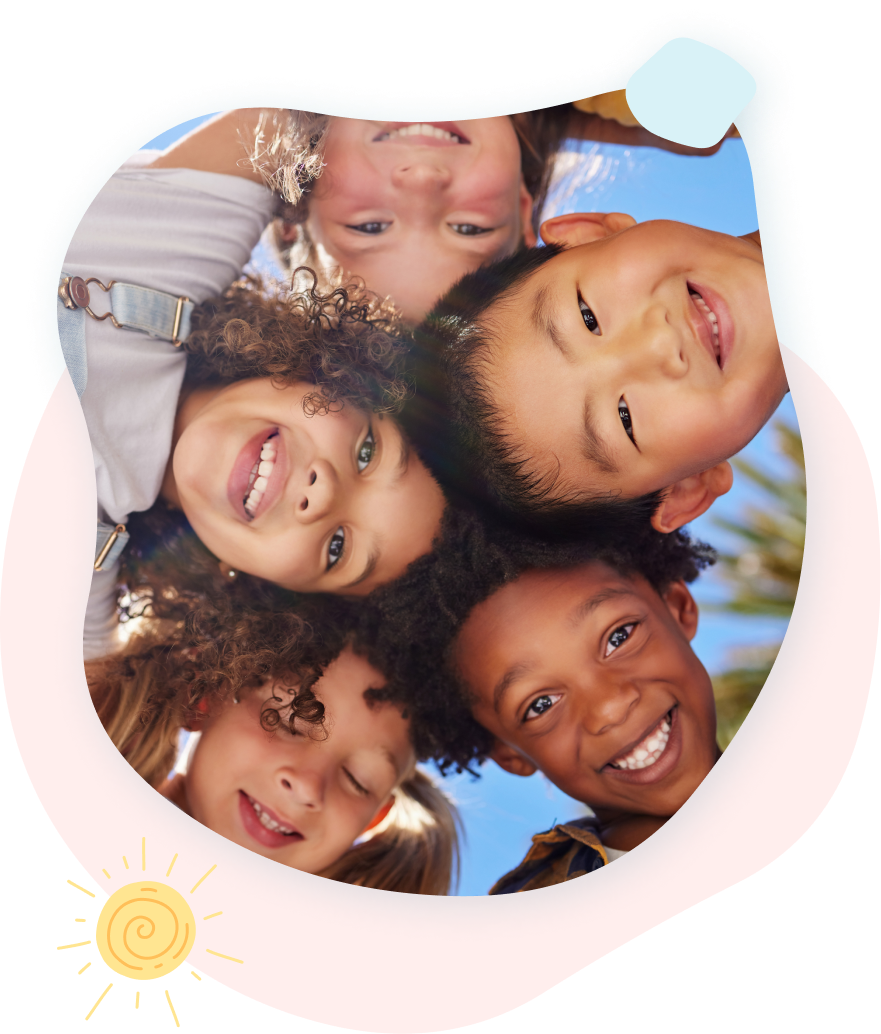
PPT offers a range of services designed to meet every child’s developmental needs. Our multidisciplinary approach ensures your child receives the best care possible in one place.
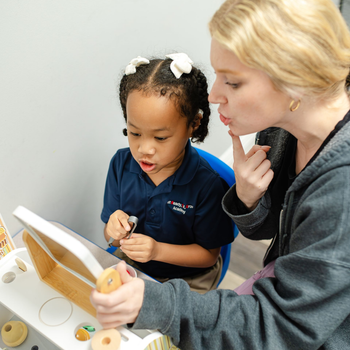
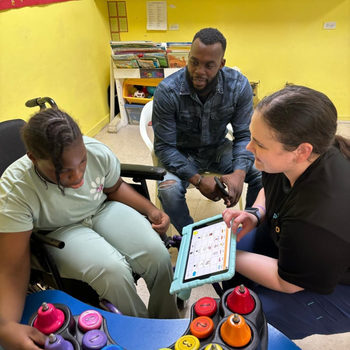
Expert one-on-one guidance that empowers you with practical strategies to support your child's development in everyday moments.
Specialized 10-week programs designed by pediatric experts to build skills like handwriting, social interaction, and motor coordination through engaging, hands-on activities that make learning fun.
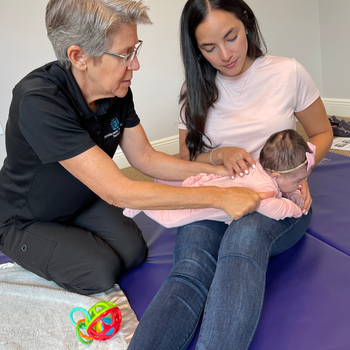
Five one-hour visits during your baby's first year to monitor feeding, sleep, language, and motor milestones, giving you expert guidance and peace of mind as your little one grows.
We deliver exceptional care designed to empower children and support their families. Discover what makes us a trusted leader in pediatric therapy across South Florida.
Our therapists are not only highly trained in Speech, Occupational, Physical, and Feeding therapies but also deeply passionate about helping children succeed. Their extensive experience allows them to create effective, personalized strategies for every child.
PPT uses cutting-edge tools like Galileo whole-body vibration platforms and Mano dumbbells to enhance therapy outcomes. These advanced methods promote neuroplasticity, motor learning, and sensory development, offering children access to the latest advancements in pediatric care.
We bring therapy to children where they learn and grow—at schools, homes, and Prescribed Pediatric Extended Care centers (PPECs). By delivering services in familiar settings, we help children feel comfortable, supported, and ready to thrive.
At PPT, we believe therapy is a team effort. We work closely with families, providing education, resources, and regular updates to ensure parents feel empowered and involved in their child’s progress.
Every child is unique, and so is our approach. From comprehensive evaluations to tailored therapy plans, we address physical, emotional, and social needs to support overall growth and development.
Our facilities are equipped with advanced therapy tools and designed to create a fun, engaging environment where children feel inspired to learn and achieve.
7000 W. Palmetto Park Rd, Ste. 201,
Boca Raton, FL 33433
3898 Via Poinciana, Ste 17
Lake Worth, FL 33467
5589 Okeechobee Blvd, Ste. 205
West Palm Beach, FL 33417
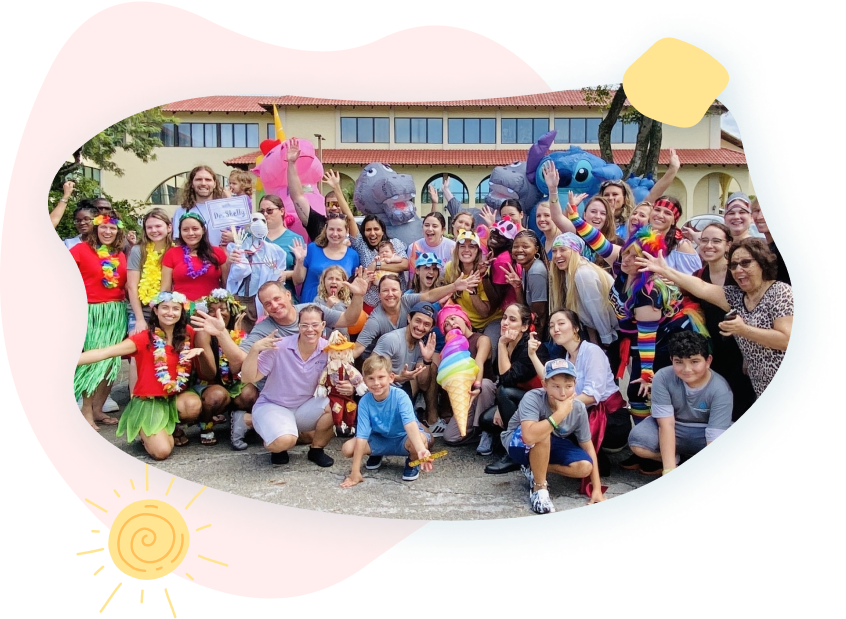
Passionate about making a difference? At Progressive Pediatric Therapy, we’re always looking for dedicated professionals who want to help children reach their fullest potential. Explore rewarding career opportunities with us!
Our personalized, evidence-based therapies are here to support your child’s growth, happiness, and well-being.
We empower children, families, and the community to learn, grow, and celebrate every child's unique abilities.
Quick Links
Contact Details
Phone: 561-376-2573 | 561-918-0190
Fax: 561-218-4939
VIP Concierge: 561-717-1764
Clinic Locations
All Rights Reserved | Progressive Pediatric Therapy, Inc. | Privacy Policy | Terms of Service
Site by Spearlance